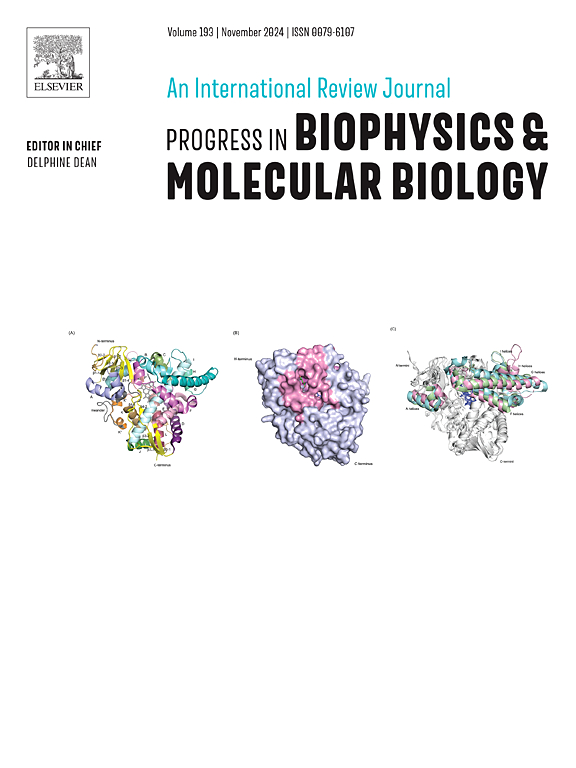The convergence of biology and computational science has ushered in a revolutionary era, revolutionizing our understanding of biological systems and providing novel solutions to global problems. The field of genetic engineering has facilitated the manipulation of genetic codes, thus providing opportunities for the advancement of innovative disease therapies and environmental enhancements. The emergence of bio-molecular simulation represents a significant advancement in this particular field, as it offers the ability to gain microscopic insights into molecular-level biological processes over extended periods. Biomolecular simulation plays a crucial role in advancing our comprehension of organismal mechanisms by establishing connections between molecular structures, interactions, and biological functions. The field of computational biology has demonstrated its significance in deciphering intricate biological enigmas through the utilization of mathematical models and algorithms. The process of decoding the human genome has resulted in the advancement of therapies for a wide range of genetic disorders, while the simulation of biological systems contributes to the identification of novel pharmaceutical compounds. The potential of biomolecular simulation and computational biology is vast and limitless. As the exploration of the underlying principles that govern living organisms progresses, the potential impact of this understanding on cancer treatment, environmental restoration, and other domains is anticipated to be transformative. This review examines the notable advancements achieved in the field of computational biology, emphasizing its potential to revolutionize the comprehension and enhancement of biological systems.


